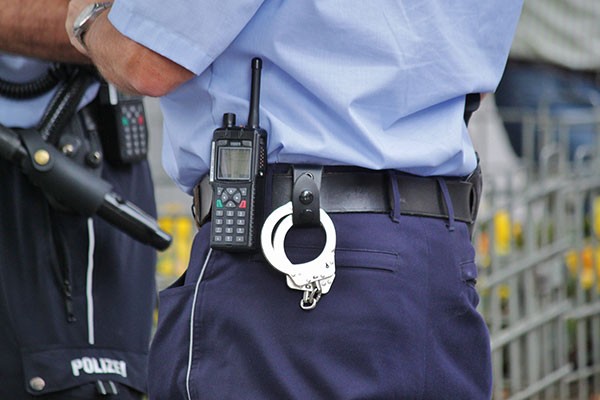The Criminological Society of Otago (CSOO) has published a petition to the House of Representatives against the impending reintroduction of youth offender boot camps. CSOO is asking the government not to implement them, and “instead address the issues of inequality and deprivation that create youth crime.”
CSOO’s petition is in response to the coalition Government’s plans to run military-style boot camps for young offenders. Earlier this year, Children’s Minister Karen Chhour told One News, “We’re committed to creating more tools to respond to the most serious and persistent young offenders [...] It will have a military-style component as well as a rehabilitative and trauma-informed care approach to help these young people turn their lives around and reduce their risk of reoffending.”
CSOO told Critic Te Ārohi, “We strongly believe that youth offender boot camps will be harmful to the youth of Aotearoa, who need more support, not punishment. They are an approach to youth offending that is ineffective and that will cause harm to the marginalised communities that will be disproportionately affected.”
In the petition, CSOO outline the reasoning behind their stance further. “Aotearoa should be a place in which every child’s needs are being met. A country where children are not punished for the systemic inequalities inflicted upon them. Our young people deserve equal opportunities. They deserve to grow up in a society where they are empowered to build good lives for themselves and given the essential support they need to thrive. This is why we are saddened to hear of the Government's plan to reestablish the youth offender boot camps.”
They go on to point out that research has “shown the ineffectiveness of youth offender boot camps.” In November of last year, Prime Minister Christopher Luxon defended the camps, saying they produced a 50-65% reduction in “violent offending, theft, and burglary.” However, when they were trialled in 2008, reoffending rates were 85-87% within two years.
CSOO calls the solution a “band-aid approach” that “completely ignores the systemic roots of harm. We cannot continue to punish children for the failings of society.” They say that this “hurts all of us, but it especially hurts Māori [...] Systemic racism means that young Māori are more likely to be arrested and convicted for the same crime as non-Māori.”
Though one student Nick, hadn’t heard of the Criminological Society’s petition, he was largely in favour of its aims, stating, “I think bootcamps are fundamentally archaic, in the sense that they assume any issues young offenders have can be solved by isolation and forced labour, which is an attitude I thought would have died off decades ago”
Pointing to what he thought could be instituted as an alternative, Nick mused, “I’m heavily opposed to the concept, and believe in bridging the gap between the accessibility of mental health professionals and low socioeconomic areas where the majority of these offenders are found.”
The National Party’s Youth Offender Military Academies are scheduled to begin operating by the middle of 2024. At time of print, the Criminological Society’s petition has 101 signatures opposing the policy.



